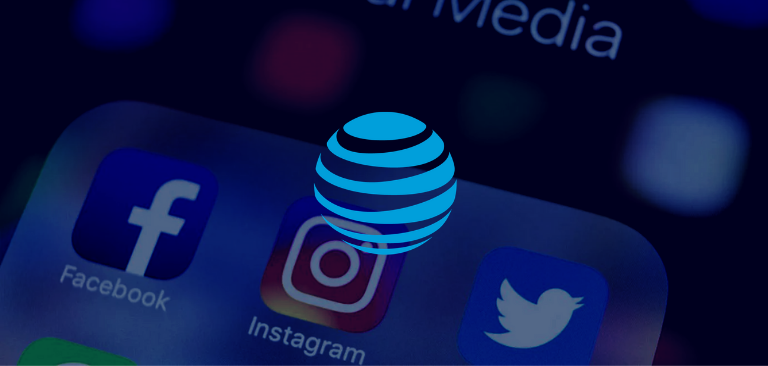The telecommunications giant AT&T has shown its support for President Donald Trump’s proposal to reform Section 230 of the Communications Decency Act that would force platforms such as Facebook, Twitter, or Google to remain politically neutral in order to maintain their liability protections. For the company, this proposal is the “true net neutrality” that must be achieved.
Trump has found an unlikely ally to back his proposal to revise Section 230 of the Communications Decency Act: telecommunications giant AT&T. The ISP executives’ opinion was published in a web statement.
Section 230 grants a series of protections to platforms such as social networks, which prevents them from being sued for third-party content that is published on their platforms.
The President is seeking the possible elimination of these protections after he presented problems with Facebook and Twitter, platforms who have blocked some of his posts and the posts of many of his supporters. For Trump and other Republican politicians, these sites have been using their virtual immunity to censor conservative opinions.
This petition needs prior approval from the Federal Communications Commission, which could be unlikely to happen due to the fact the Democrats are mostly against the proposal, and even FEC Commissioner and Republican Michael O’Rielly proved to be against it.
The AT&T’s Executive VP Joan Marsh published in a statement that the company is in favor of reviewing the protections of websites such as Google or Amazon, who, according to her, directly control the market through their decisions that cannot be appealed by the law:
“Five tech giants (Facebook, Amazon, Apple, Microsoft, Google) alone make up about 25 percent of the S&P 500 with valuations growing, even in a pandemic. The decisions these companies make on a daily basis—which search results to rank first, which products to promote, which news stories to feature, and which third parties they will deal with and on what terms—shape virtually every aspect of America’s economic, social and political life. Yet those decisions are shrouded in obscurity, away from public view, in a world where black-box algorithms and non-negotiable terms pick winners and losers in every sphere of public life.
In comments this Wednesday, AT&T will join the growing consensus of voices concluding that online platforms should be more accountable for, and more transparent about, the decisions they control that fundamentally shape how we communicate, learn, shop, and are informed and entertained.”
In this way, the company would join a group of companies that are supposedly seeking greater “neutrality” of content on the internet.












